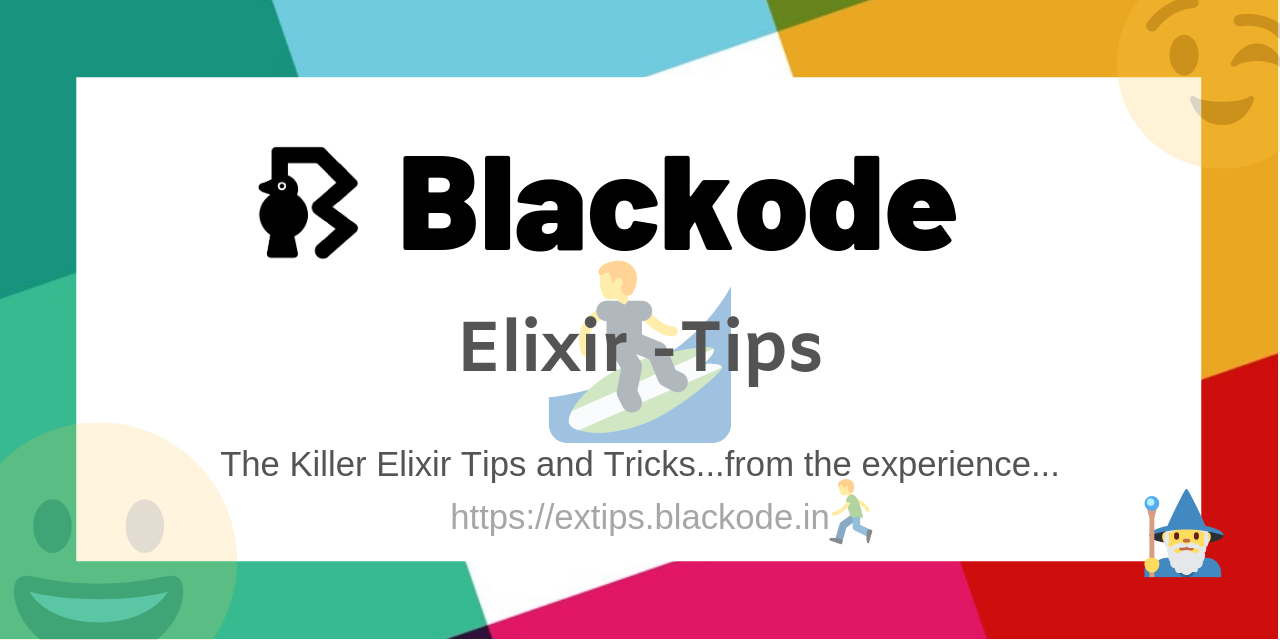This article is all about Automating Phoenix Development & Deployment using Gitlab CI/CD.
As we all know just creating the things is not enough in the current world of software development as nothing is permanent. New things are always strange to the people using the software so, we need to document them in the first case. Things always change and we need to accept them. Things always grow and we need to scale them too. Eventually, we need to automate and optimize the things.
So, to improve the efficiency and effectiveness, the Creation should followed by Documentation followed by Automation followed by Optimization.
 .
.
What is GitLab ?
Gitlab is a fascinating software started as a code collaboration. Now, it’s evolved into an end to end sophisticated software development tool. Here at Ahamtech, we have been using the Gitlab as a software development tool since 6 years.
Many reasons to adore(I ❤️ it) Gitlab. Of course there are other greater tools like GitHub, Jenkins, Travis, CircleCI and others as well.
According to my experience, none of the providers or solutions match to Gitlab to control your infrastructure. Like every software has flaws, Gitlab is no exception. It is built on top of Ruby, feels kind of bit slow in few aspects. But, it weighs the benefits for us. Enough about GitLab pampering.
Elixir is a major software ecosystem in our company, relied to build many unique and efficient software till date. Our team enjoys writing blogs about elixir and spreading community.
Pairing up Elixir and Gitlab for development gives you much comfort in coding. Currently, I am focusing on Phoenix testing and deployment using edeliver.
Erlang has an inbuilt release manager, which takes near zero downtime for code upgrading during run-time.
What are we going to do here?
-
Phoenix Auto Deployment using — Distillery and Edeliver
-
Gitlab CI/CD for testing
-
Gitlab CI/CD for docs inside project wiki.
Development Pipelines (DI) are really cool in Gitlab CI/CD. I suggest you to check articles on how Gitlab pipelines are working and how to use them. I’m not focusing on those topics is not a part of this article.
At an initial step, we will focus on automated testing. There is great tutorial by Gitlab team on testing “Phoenix app using Gitlab CI”
Sample Test CI/CD:
image: elixir:latest
services:
- postgres:latest
variables:
POSTGRES_DB: test_test
POSTGRES_HOST: postgres
POSTGRES_USER: postgres
POSTGRES_PASSWORD: "postgres"
MIX_ENV: "test"
before_script:
- apt-get update && apt-get -y install postgresql-client
- mix deps.get
- mix ecto.create
- mix ecto.migrate
mix:
script:
- mix test
We have a thumb rule here. Never merge any branch in to develop when test cases are failed.
Once test pipeline is passed, we have multiple things to do.
- Delivering the build to Production.
- Make new docs and upload static server/object storage.
First step — Deployment.
Edeliver — Auto Deployment:
Now, once develop job is triggered, the auto deployment is triggered for that specific commit.

With the above approach, we have upgraded remote using auto deployment.
Next comes is updating docs in side GitLab wiki.
There are two ways of doing it.
- Gitlab Pages
- Wiki in side project.
Gitlab pages are really simple. Just enable artifacts for docs folder and update pages config inside your project which is the super fast solution. But, those docs are visible to public. If you have any project for public, it’s the one of the solutions.
But, most of the project builds are private(like us). We wish to save in wiki and only people can access to docs.
Now here comes the challenge. Gitlab Wiki only supports Markdown format.
So, MIX straight forward doesn’t support markdown, but internally MIX uses markdown format to convert to HTML.
We wrote a small patch of work to build MarkDown files (which is far from production).
🔥 mix docs -f md
This will generate, Markdown files.
docs-md:
stage: deploy
allow_failure: true
script:
- git clone {repo} doc
- rm -rf doc/*
- mix deps.get
- mix docs -f md
- cd doc
- git config --global user.email "[email protected]"
- git config --global user.name "Gitlab Runner"
- git add .
- git commit -am "$CI_COMMIT_SHA"
- git push -u origin master
only:
- docs

Our Testing, Deployment, and Documentation is achieved using Gitlab CI/CD. In future, we might get inspired with some other work flow and we are happy to share with you.
Hope you liked it.
Check out the GitHub repository on Killer Elixir Tips
 Glad if you can contribute with a ★
Glad if you can contribute with a ★
🎉 Happy Coding :)





